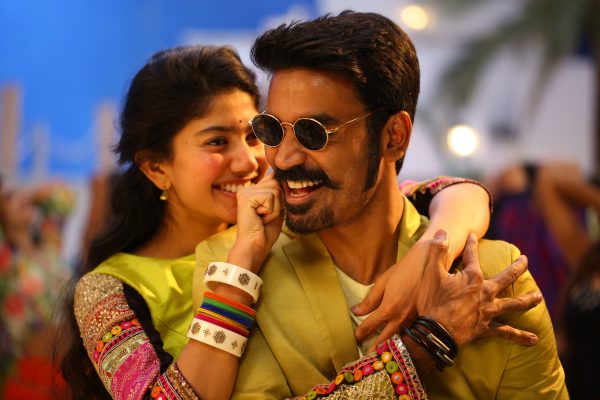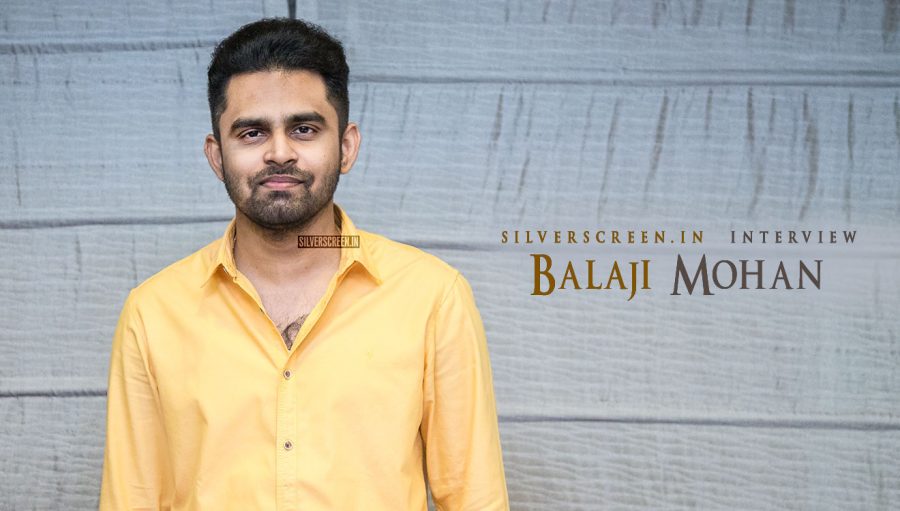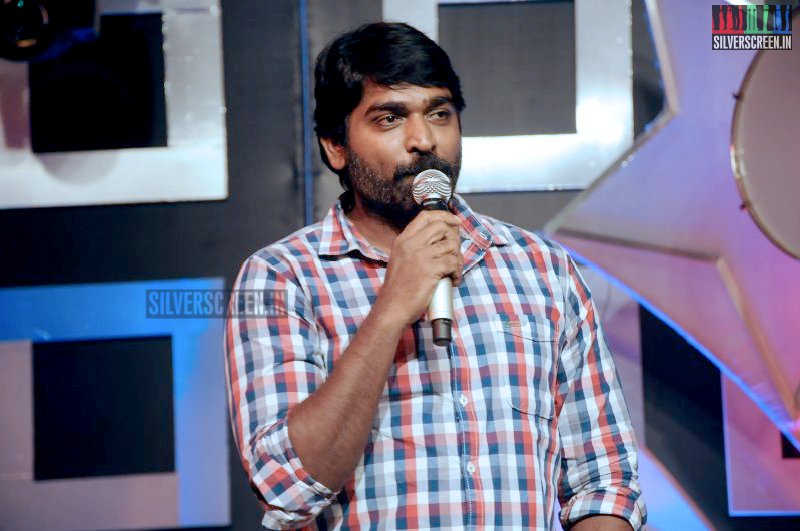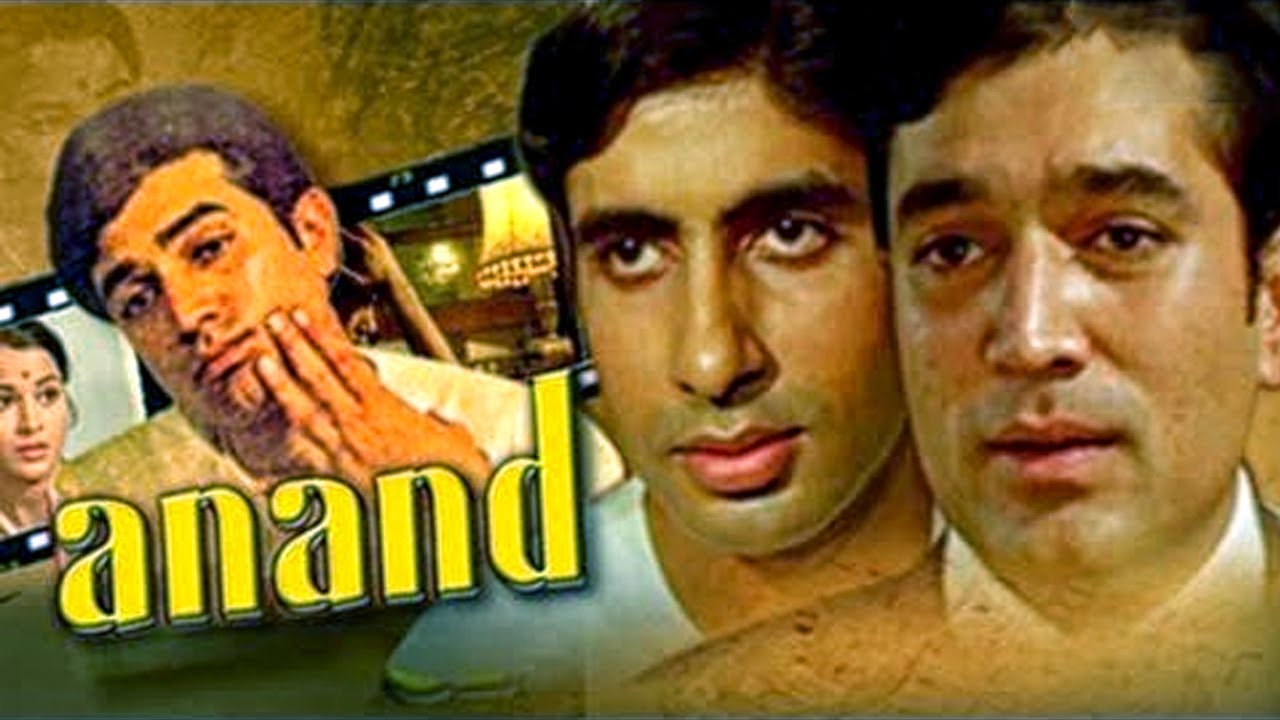In Tamil cinema, Balaji Mohan was one of the first short filmmakers to turn feature directors. He also began the trend of directors working on web-series. In the four feature films (two are bilinguals) he’s helmed, relationships take centrestage. He tried his hand at humour and fantasy before deciding to narrate the story of a pigeon-loving don in Maari (2015). With its sequel, which releases on December 21, he takes forward the franchise of the man who does not fear death
In early 2012, a film that spoke humorously about college love released to instant popularity. Kaadhalil Sodhupuvadhu Yeppadi (Love Failure in Telugu), starring Siddharth and Amala Paul, became the first in a long line of films that would be recreated from short films. Till then, the transition from shorts to features seemed like an impossible bridge to cross. And so, in many ways, Balaji Mohan, the half-engineer (he dropped out midway) from Tiruchirapalli, has been a pathbreaker. Later that year, another short filmmaker Karthik Subbaraj would make Pizza, which set Vijay Sethupathi firmly on the path of stardom.
Six years after that, Balaji is all set to release his fourth film, the sequel to his hit Dhanush-starrer Maari. Today, not many refer to Balaji as the director who made it big through short films; he’s known by his features now, especially Maari, which Dhanush has said is a character very dear to him. “Those days, moving to features was like a badge of honour, because there was this stigma to shorts. Now, the divide has become shorter, and people have forgotten what it was like, or don’t remember. Jokes apart, it’s no longer my calling card. However, I do wish more people remembered how we made the shift,” he smiles.
And then, in 2017, Balaji achieved another first of sorts with the web-series As I’m Suffering From Kadhal on Hotstar, targeted at mature audiences. A relationship saga, it sparkled with lines not often heard, the dialogues a happy mix of dry humour and the monotony of everyday existence. “Even now, I’m game to work on a short. A few ideas keep floating, and some are conducive for the shorter format. When I can take the time and effort to do it, I’ll definitely get back to making one. I’ve dabbled with three forms now, and all three are different in terms of scripting; of course, shorts and web series liberate you to do what you want. There’s no budget or star pressure. At the same time, features come with a certain advantage because of the very same budget and star presence.”
Balaji’s films have a strong ‘relationship’ core; something we saw during his short films days too. Mittai Veedu remains a personal favourite. At a time when everyone wondered how a prospective daughter-in-law would react to meeting the in-laws, a young Balaji turned the theme around to show anxious parents who wonder if their son’s chosen girl will like them. “You still remember that! The parents in Mittai Veedu are my parents (doctors Madan Mohan and Nirmala) in every sense of the word. They’ve been that kind of support system; my mother learnt cricket when I was fascinated by it, she’s learnt to keep pace with films now that I’m here. Now that you mention it, yes, relationships are very important to me. As a writer, you need relationships to lend depth to the story and give it audience connect. The best way to handle relationships on screen is to keep things as close to reality as possible. Even in Maari, I was dealing with areas that are not generally showcased when a gangster is your protagonist. I felt that part of his life will be interesting to see. Even today, people remember the bond Maari has with his pigeons.”
One would expect that someone who speaks eloquently about relationships is the kind who surrounds himself with people. But, Balaji is deeply private, and says he has but a handful of friends who truly get him. “I’m shy and an introvert, and very choosy when it comes to forging friendships; each one of them is an aazhamaana uravu (a bond with depth). These friends are from various phases of my life, so it’s like I live many lives when I am with them.” It is difficult to be part of an industry that’s people-centric and yet maintain privacy and be your own person, but Balaji has managed that. He says he has a sense of empathy, and this shows in his writing of relationships. “I place myself in their shoes, try and understand them…”

For someone known for feel-good films, Maari, with its action blocks, was a departure from what had come to be known as the ‘Balaji Mohan type film’ – a love story like KSY or a fantasy like Vaayai Moodi Pesavum, which explored how people would communicate if everyone fell silent. When Maari released, there was mixed response. Erstwhile fans were livid he tried something so mainstream, while fans of actor Dhanush were overjoyed someone had showcased their hero differently. “I’m hoping that with Maari 2, those issues would not arise and that it will form a bridge between my divided audiences.”
Among the feedback Maari received was that the antagonist was not powerful enough, it did not have enough emotion and sentiment, it was too jolly and a female lead who did not add much value to the proceedings. Among the more spoken about scenes involved pigeons, but they don’t find a place in the sequel. “When you see the film, you won’t miss the pigeons. The treatment in this is different, and there’s a lot more happening. There is an emotional fulcrum, and even after watching the film repeatedly during post-production, I still like this segment. I think this is a film reflective of both Balaji Mohan and Dhanush. Some sequels have carryover characters, and some carry forward the spirit of the original; this has a bit of both. The story does not continue where it left off; this is a new episode in their lives. Among the connecting parts is actor Krishna’s character, who is Nilakari Velu’s son. I did not want to bring about linkages just for the sake of a connect. That said, taking forward a character in various scenarios and settings is interesting, especially when it is a much-loved character,’ says Balaji.
This time around, there’s the effervescent Sai Pallavi too; she plays Araththu Anandhi, an auto driver. “The character has moments of fun and emotion, and I wanted someone who could pull it off. After I saw Fidaa, I was confident she would do justice to it. And, how she did!” Powerhouse performer from Malayalam Tovino Thomas plays the antagonist Beeja.
*****
Years ago, long before his film dreams, Balaji learnt to play the keyboard in Tiruchirapalli. In his growing up years, music was a constant, providing succor and support. That joy recreates itself, he says, when he works on music for his films. Most songs in his films have gone on to become chartbusters, and Maari 2 is no different. He’s working with Yuvan Shankar Raja this time around, his fourth collaborator after Thaman, Sean Roldan and Anirudh Ravichander. “In a way, this film brings together many elements that triggered in me the desire to become a director. Till I watched Kaadhal Kondaen, I wanted to become an actor (he fulfilled that desire with cameos in films and a role in his webseries). But, because of what Selva sir achieved with Dhanush, I wanted to be that kind of director. Yuvan’s music for the film captivated me and I’ve been a huge fan since then.”

But, there were initial hiccups. The soundscape of Maari was a huge hit, and there was immense pressure while working on its sequel. “But, the point was to throw out those limitations in the head and work on the song at hand. We had a certain sound in mind, and decided to do one track at a time. And the response to ‘Rowdy Baby‘ proved I was right,” says Balaji, who believes his base in music allows him to communicate his requirements better, and understand how a song might turn out. “I also have a good ear to spot music. Nine out of 10 times, I am able to spot a hit, even if it does not take off well initially. Sometimes, I go wrong with a good song. At the back of my head, I wish that ‘Maatra Paravai‘ in Vaayai Moodi Pesavum had done better. Both Sean and I so wanted the song to reach out.”
Balaji says he likes to write a brief for a character before fleshing it out into someone who strikes a chord with people. For Maari, it was his complete carefree nature. He had no goals, no targets, he lives within his means, he was neither white nor black… And I could think of only Dhanush sir to play him. Certain actors inspire you to showcase them in a particular way. In the sequel, Maari has grown. He’s now someone who does not fear death. This comes with its attendant storylines.”
Like Maari, Balaji has grown as a person too. From the time he wanted to become a music director, because of his love for Rahman and his Sachin phase when cricket was a career choice to wanting to become an actor, he’s been through choices and zeroed in on direction. His film-loving family supported him, as always. “My mother was a huge fan of Rajini sir and there was a time when I would watch only films of his and Jackie Chain. Some films have been watched multiple times in the theatre. Even now, when they have some free time, my parents head to a Chennai multiplex to catch a night show, irrespective of the language. And, my mother keeps me updated on what’s happening across industries. As always, she has learnt to adapt to my changed career choice.”
Recommended
Over the years, Balaji has come to deeply appreciate what his mother does for him. After all, living in a Railways colony, it would not have been easy for them to allow him to defy convention. “I think that, and the fact that I grew up in Trichy play a big role in the kind of person I am, and the kind of writing I do. I am a small-town boy who’s now in the city, and that shows in my work.”
However much he grows, Balaji says he cannot but help occasionally lapse into flashback mode. “It hits you out of the blue that one boy among the bunch that saw an actor’s film in a small theatre in Trichy has made two movies with him, that he worked with the music director he grew up admiring. And then, you have a sense of satisfaction that you’ve done a certain amount of hard work to reach this stage. You feel happy you undertook this journey, because they inspired this journey.”
Maari 2 is scheduled to release on December 21.
*****
The Balaji Mohan interview is a Silverscreen exclusive.



